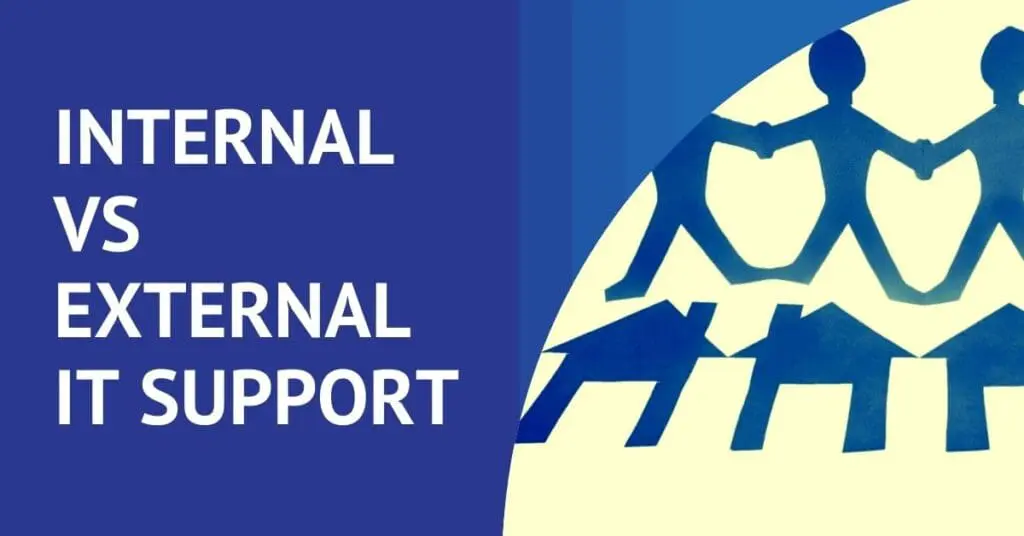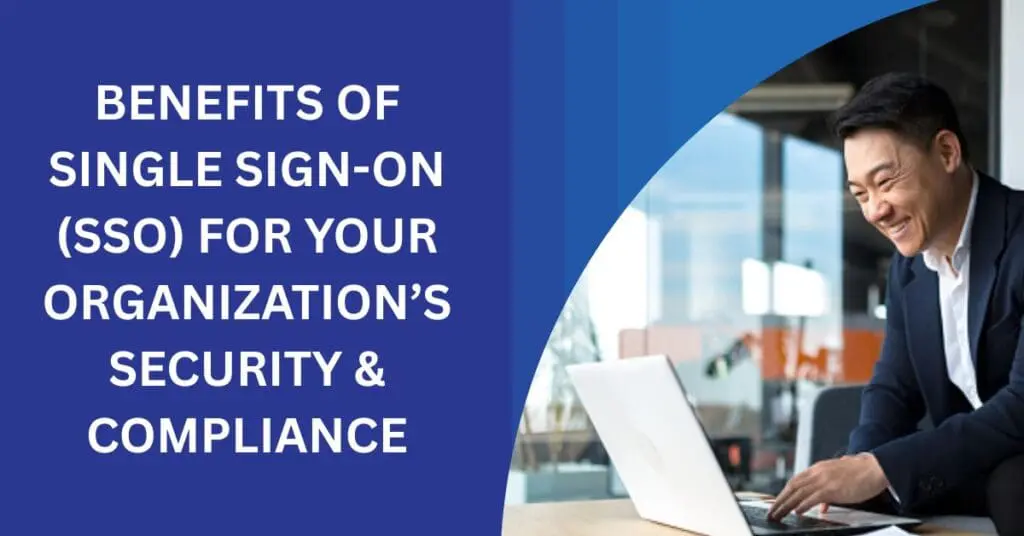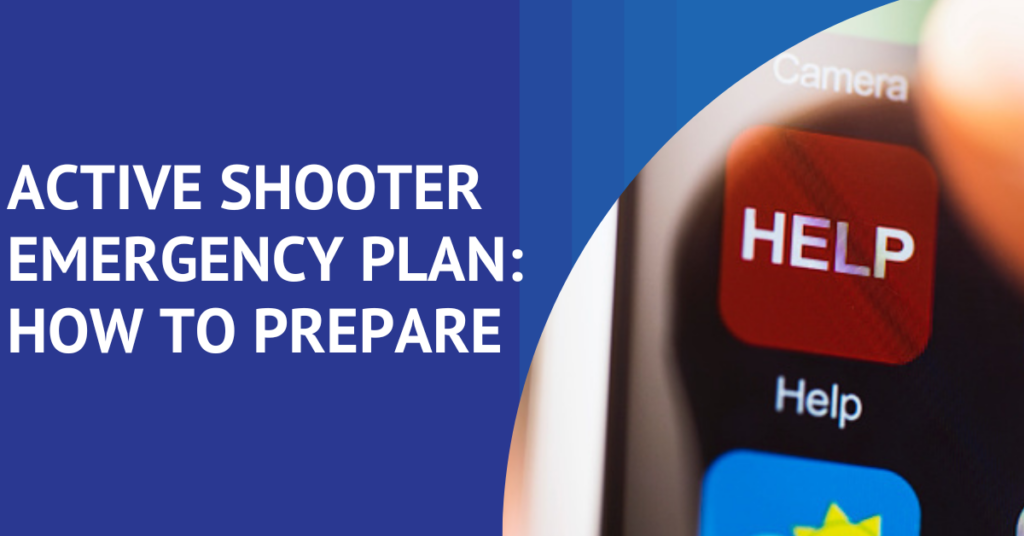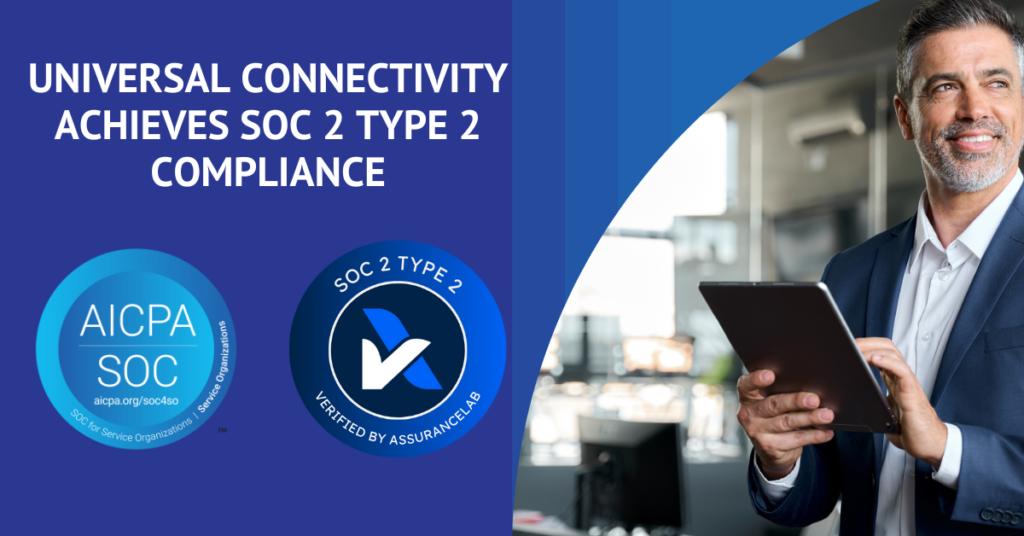Bulletproofing Your Business VoIP service from Cyberattacks
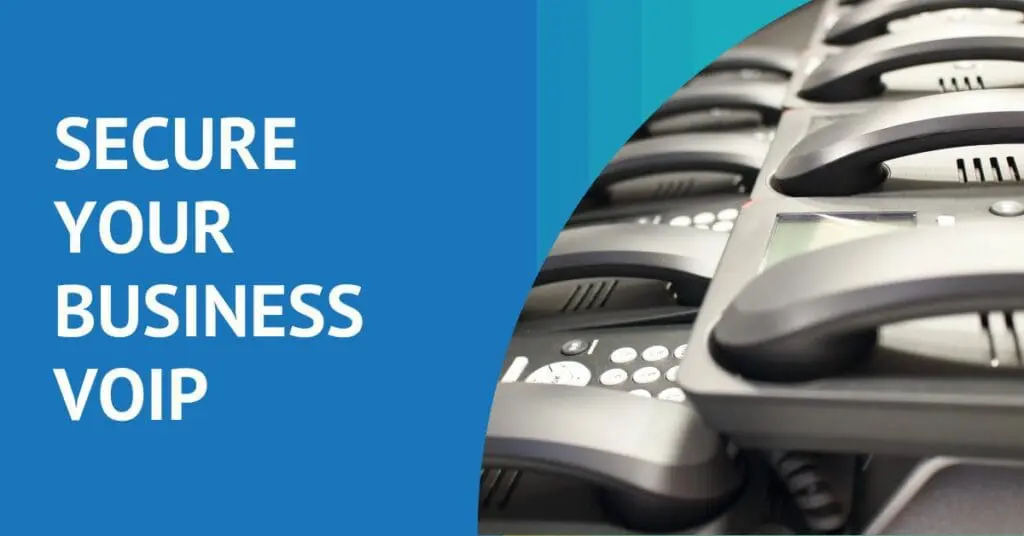
It doesn’t get much better than VoIP when it comes to business phone systems, but they can still be vulnerable to cyber attacks. Here are some common threats and how you can bulletproof your business VoIP service from them.
Potential Threats to Your Business VoIP Service:
Toll Fraud
Hackers will make outside international calls from a company’s system that rack up the company’s toll bill. Sometimes known as the International Revenue Sharing Fraud (IRSF), hackers will utilize the latest technology and software to access your phone system to make an extravagant number of international calls from your business phone system. They use the hacked phones to direct calls to their own leased lines with billing of incoming connections allowing them to get a portion of the revenue the calls generate.
Vishing (VoIP Based Phishing)
Cyber criminals will send fabricated messages or pretend to call you from a trusted phone number with the intention of getting your employees to give out sensitive information such as passwords, credit card numbers and other vital security credentials. These hackers may appear to be calling you from your bank’s phone number for example, claiming your account has been compromised and needs your password to secure it immediately. Or through caller ID spoofing where the hackers make the names and numbers that appear on your caller ID seem legit hoping to create confusion for potential victims.
Malware
Malware and viruses do a lot of damage and contribute to future vulnerabilities through creating trojan back doors. The impact on internet-based applications like VoIP creates a host of network security issues. The malicious software consumes network bandwidth and adds to signal congestion, which causes signal breakdown of your VoIP calls. They also corrupt data being transmitted across your network so you will experience packet loss as well.
Call Interception
These attackers will use unsecured networks to intercept the session initiation protocol (SIP) traffic that initiates, maintains and terminates real-time voice and video sessions. The attacker can redirect a victim to another line hosted by the attacker. An unsecured network also allows attackers to easily infect it with spyware, malware and viruses.
Distributed Denial of Service (DDoS)
These attacks are designed to make it impossible for businesses to use their own VoIP services by purposely overwhelming servers. Usually caused by a network of botnets (remotely controlled computers or bots that have been manipulated by hackers), they flood networks, websites and servers with more data or connection requests than they can handle causing VoIP services inoperable. If you are experiencing unusual and prolonged bandwidth spikes, 503 HTTP Error Responses, slowed service or a sudden surge in traffic from similar devices, IP addresses, or locations, these are signs of a DDoS attack. This makes it so users of VoIP might not be able to access their information systems and devices. Call centers can be affected by lower call quality and increased downtime.
Tips for Bulletproofing Your Business VoIP System
Set Up a Firewall
Implementing a secure firewall is necessary for all VoIP systems. You want to make sure your VoIP hardware and software firewalls scan information that enters and exits your system and ensures it’s secure.
Use a Strong Password
Choosing a strong password that is consistently updated for your VoIP system is crucial to its vitality. Using combinations of at least 12 characters including numbers, symbols, uppercase and lowercase letters will add to the strength of your passwords.
It is also important to remember some VoIP systems come with pre-set passwords that are available to the public so you should set a new one as soon as you set up your new system.
Geo-Permissions
VoIP attacks are often rooted in toll fraud. If your business is mainly local you don’t need to enable the international call option. This will prevent you from receiving bills from toll fraud attacks. If your business is international, you can restrict geo-permissions by users only being allowed to contact certain countries. Enabling 2-factor authentication is a good practice as well.
Report Suspicious Behavior
It’s important to encourage your team to be on the lookout for any suspicious behavior they might come across like unusual network activity, ghost calls or missing voicemails. Keeping up with periodic training for your team will only strengthen your defense against attacks.
Use a VPN for Remote Workers
Virtual private networks (VPN) will encrypt traffic no matter your employee’s location. Setting this up for remote staff will prevent data leaks and breaches and it won’t degrade the call quality.
Get the Best Business VoIP Service with Universal Connectivity
Ready to set up a secure VoIP system for your business? At Universal Connectivity we are deeply experienced and committed to providing you with increased productivity, higher profitability and better client interactions through business VoIP phone service. Schedule a consultation with us today to get started.
Choosing a Business Phone Provider
How do you choose the right business communication partner to help your business thrive? Grab our free, one page checklist. Compiled based on years of experience, this download can help you jump start your search and selection process and:





